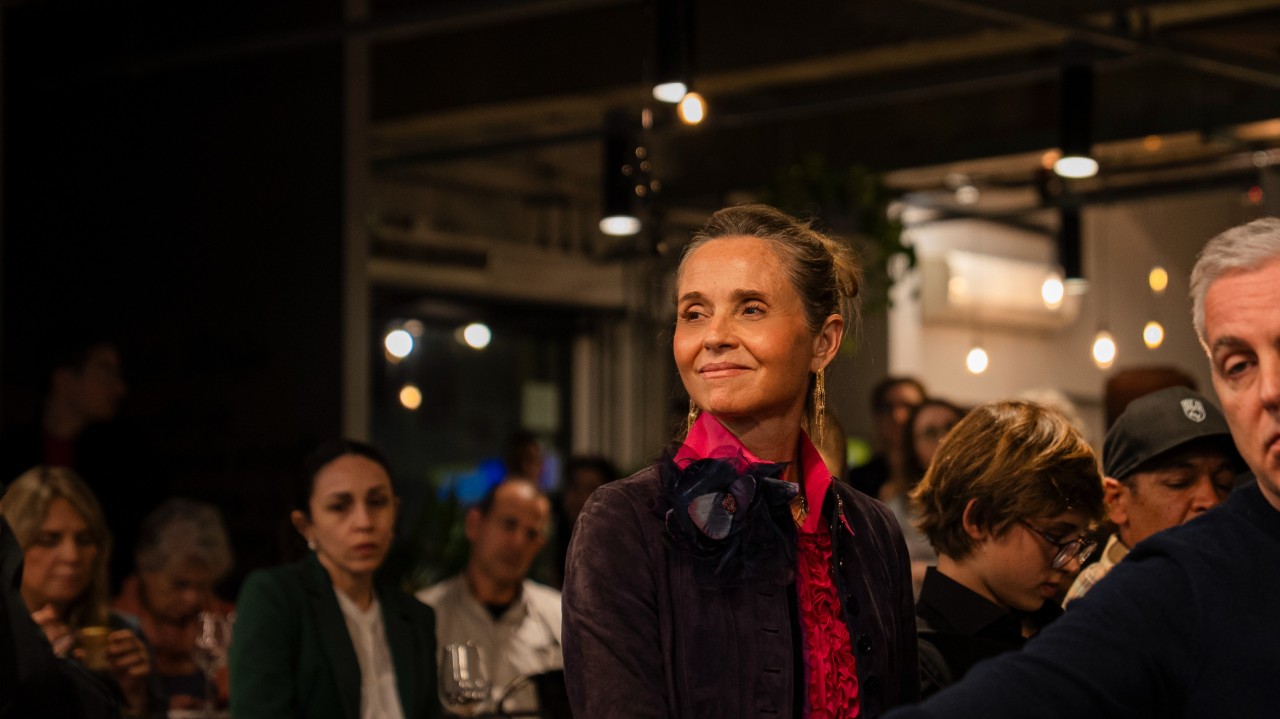In Brazil, democracy has never been a given, but rather a daily construction that demands vigilance, continuous improvement, and broad participation from society. This September 15th, as the world observes the International Day of Democracy, the date holds special significance for the Brazilian context. In times when segments of the population distort the meaning of amnesty to pardon those who attacked our democratic life, it becomes imperative to ask: where are the spaces for frank and informed dialogue about the dilemmas we face as a nation?
In 2023, UN Secretary-General António Guterres issued an important and truthful warning: “Civic space is shrinking. Disinformation and lies are poisoning public discourse, polarizing communities, and undermining trust in institutions.” It was in response to this erosion that the Humanitas360 Institute, in partnership with the social impact hub CIVI-CO and anthropologist Juliano Spyer, created the “Difficult Conversations” series – a direct response to the growing need to create genuine civic spaces.
This initiative has roots in an earlier effort to understand Brazil’s democratic fragilities. In 2018, Humanitas360 developed, in partnership with The Economist Intelligence Unit, the first Citizen Participation Index in the Americas, which evaluated seven countries across the continent – Brazil, Chile, Colombia, the United States, Guatemala, Mexico, and Venezuela. Brazil ranked 5th overall, a result influenced primarily by low scores in legislation for citizen participation and the population’s perception of citizenship engagement. These weaknesses identified nearly a decade ago only reinforce the urgency of initiatives that expand civic spaces for qualified debate.
The first editions of “Difficult Conversations,” held throughout 2025, focused on a phenomenon that exemplifies the complexity of contemporary social transformations: the exponential growth of the evangelical population in Brazil. More than just numbers – which point to a country on the verge of experiencing an unprecedented religious shift in modern history – these gatherings revealed layers of invisibility that transcend superficial statistics.
When we invited pastors, theologians, researchers, and journalists to dialogue on topics such as the role of women in evangelical churches or the social function performed by these institutions in urban peripheries, we weren’t merely promoting academic debates. We were recognizing that mechanisms of social transformation are not isolated events, but complex systems that feed back into themselves and require nuanced understanding.
The peripheral evangelical church, as Spyer demonstrated in his research, often functions as an “informal welfare state,” offering support networks where the State and the market fail to reach. This reality exposes not only the structural deficiencies of our public system, but also the organizational capacity and resilience of historically marginalized communities.
This same September 15th, we will celebrate the meaning of the International Day of Democracy with a special edition of “Difficult Conversations,” featuring a screening of the documentary “The Place Where Hope Lives” at Itaú Cultural. The screening will be followed by a discussion with the director, filmmaker Miguel Salvador from Paraíba, expanding the reflection on Brazil’s evangelical landscape.
For 2026, we will expand the thematic scope of the series to address other central issues: public safety, human rights, drug policy, climate justice, and civic-social entrepreneurship. This expansion reflects our conviction that democracy worthy of a country that includes and integrates, that neither segregates nor violates, requires courageous confrontation of topics that society often prefers to avoid.
National sovereignty, never as threatened as it is today, fundamentally depends on a strong and well-informed civil society. There is no democratic defense without citizens capable of understanding the complexity of the social, political, and economic phenomena surrounding them. “Difficult Conversations” represents, in this sense, an invitation to Brazilian society’s reflective capacity.
When Guterres emphasized the importance of “empowering the next generation” for “safeguarding democracy today and in the future,” he touched on the core of the challenge we face. True transformation will require more than solid public policies: it will necessarily involve a radical reconstruction of our understanding of belonging, citizenship, and dignity. This is only possible through honest dialogue, even when – or especially when – that dialogue challenges and discomforts us, provoking what I call “pedagogical embarrassments.”
In this permanent construction that Brazilian democracy is and must always be, it falls to each and every one of us – inside and outside government, in universities and on the streets, in businesses or in civil society organizations – to assume our part in this collective responsibility. Opening space for civic debate is not mere intellectual luxury, but political necessity. The future of democracy in Brazil depends on our courage to sustain difficult conversations.
Patrícia Villela Marino, attorney, president of the Humanitas360 Institute and co-founder of CIVI-CO.





